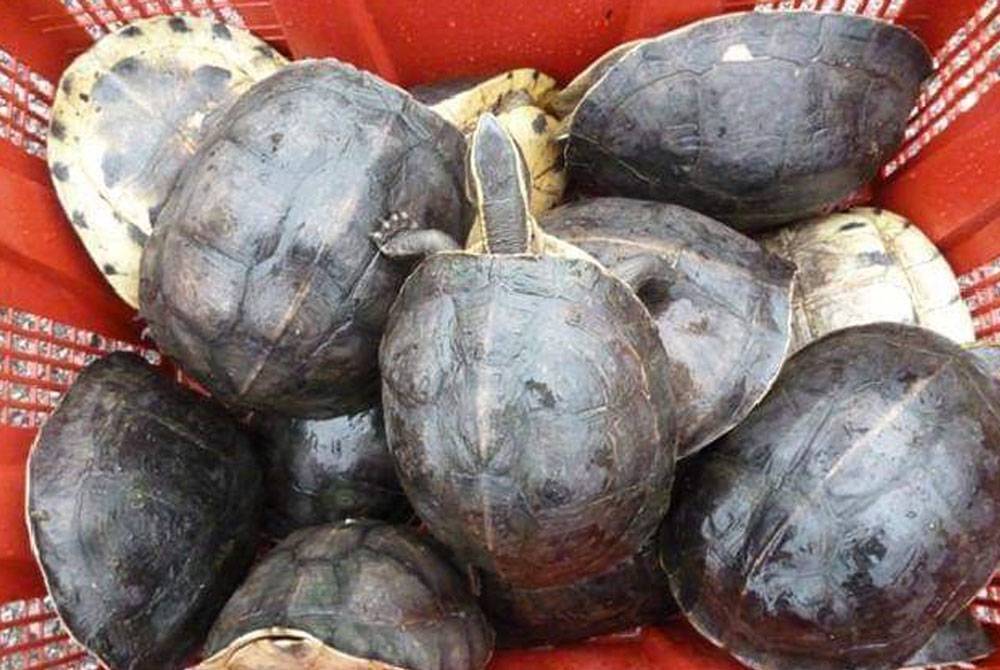Wildlife trafficking goes online - Nik Nazmi

PUTRAJAYA - The online sale of exotic wildlife is now utilising an intermediary concept through the 'dropshipping' method, which involves no physical possession of the wildlife by the seller but instead they earn a commission on the sale of the respective wildlife, said Natural Resources and Environmental Sustainability Minister Nik Nazmi Nik Ahmad.
He said that online wildlife sales involve licensed sellers, unlicensed sellers linked to poachers or breeders, and syndicates using methods such as Cash on Delivery (COD), couriers, and public transportation.
"The widespread use of social media and strict privacy controls make it challenging to track down the actual criminals," he said in a statement today, in response to an English-language newspaper report on Jan 12 regarding the increasing online trafficking of exotic wildlife.
He stated that the Ministry of Natural Resources and Environmental Sustainability (NRES) through the Department of Wildlife and National Parks (Perhilitan) has implemented various measures to address the rampant online sale of wildlife.
This includes strengthening the legal framework through amendments to the Wildlife Conservation Act 2010 (Act 716), adding specific provisions, and increasing penalties to a maximum of 15 years imprisonment and a fine of up to RM1 million as a preventive approach (deterrent).
Under the International Trade in Endangered Species Act 2008 (Act 686), offences involving the import and export of wildlife without a permit can result in a maximum fine of RM1 million or imprisonment for up to seven years, or both, for individuals and a maximum fine of RM2 million for corporate bodies.
Based on data from Perhilitan Peninsular Malaysia for the period from 2020 to December 2023, there were 654 reports of cases involving the online sale of exotic wildlife through various social media platforms.
Primate species, which include mammals like monkeys and lemurs, were the most traded, with a total of 215 animals, followed by small mammal species and birds.
Nik Nazmi mentioned that from 2015 to 2023, a total of 58 cases of online wildlife sales through social media have been addressed by Perhilitan. Of these, 25 cases have been resolved, while the remaining cases are under investigation and prosecution. - BERNAMA
Download Sinar Daily application.Click Here!














